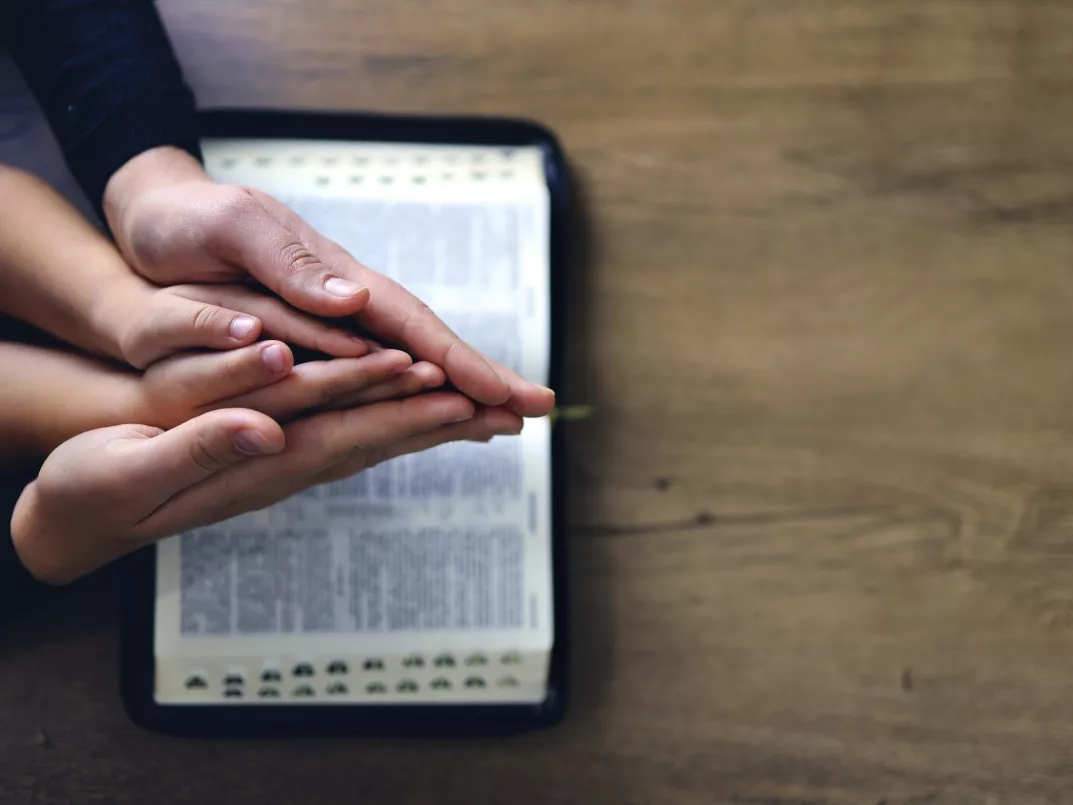
Religion and the ‘Secular shadow’: responses to covid-19 in Ethiopia
Publisert i Forskningspublikasjoner Onsdag 6. oktober, 2021 - 12:38 | sist oppdatert Onsdag 6. oktober, 2021 - 13:00
Forskere: Kjetil Tronvoll, Terje Østebø og Marit Tolo Østebø.
Abstract
In Ethiopia, both Christians and Muslims interpreted the Covid-19 pandemic as God’s punishment for sin. Prayer, fasting, and congregating in houses of worship therefore became important as means to plead God to act; practices that deviated from the biomedically informed efforts promoted by the Ethiopian government. This article explores these religious perceptions and practices and how they were negotiated in relation to official public health policies. At first glance, this case could serve as a typical example of how a government’s secular policies are pitted against a ‘religiously-inclined’ population. However, the religious interpretations did not prevent people from recognizing the value of public-health informed mitigating efforts, and neither these efforts immune from ideas about divine agency. Therefore, the Ethiopian case serves to illustrate how seemingly demarcated epistemes, or imagined separate domains, are more open to exchange and interaction than commonly assumed.
Les hele artikkelen her: